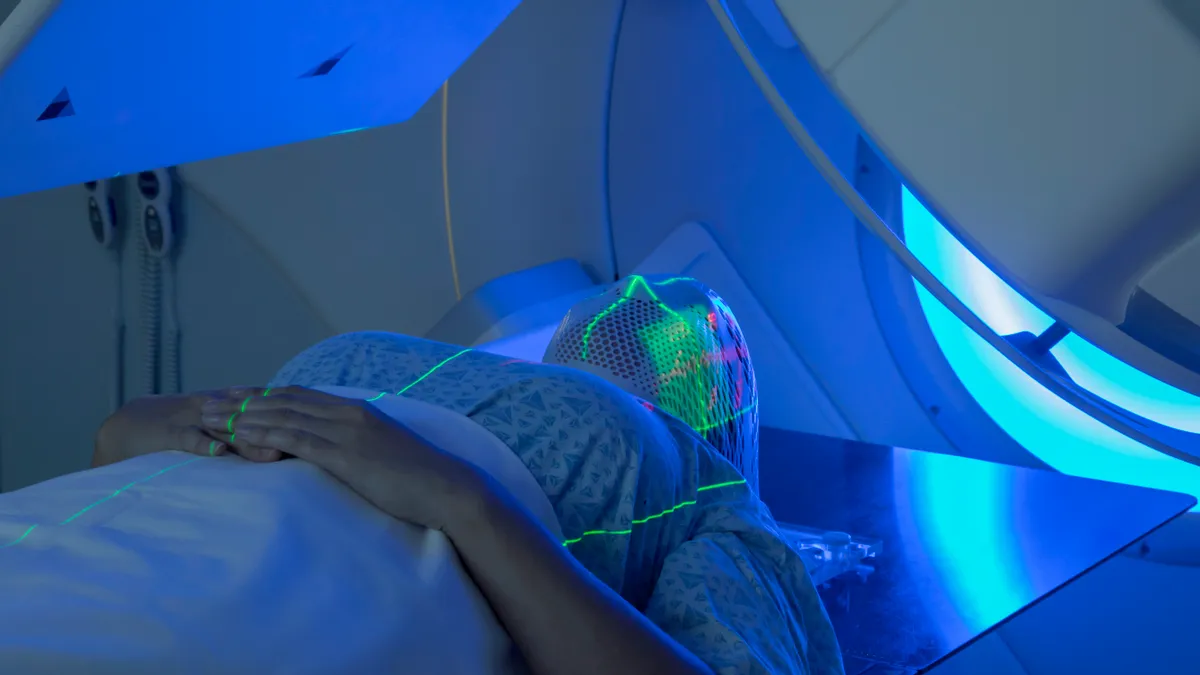Dive Brief:
-
Boston Scientific closed its acquisition of Augmenix and its radiotherapy side effect-reducing device for $500 million in cash, along with up to $100 million for reaching sales-based milestones, the companies said Tuesday.
-
Augmenix’s FDA-approved SpaceOAR Hydrogel System seeks to ameliorate side effects in men after receiving radiotherapy to treat prostate cancer. It’s a biodegradable gel that, when injected between the rectum and the prostate, decreases a patient’s exposure to potentially harmful radiation and injury, a common complication of prostate radiotherapy that can place healthy organs at risk.
-
The initial agreement came in September of this year as Boston Scientific continues to build out its portfolio of prostate health devices.
Dive Insight:
Boston Scientific has shown an almost myopic focus on acquisitions in 2018, stepping up consistently in their heart device, stent and prostate health investments. The behemoth has made nine strategic buyouts totaling over $2 billion upfront this year alone.
The Augmenix deal is the biggest Boston Scientific has struck so far since January, followed by the company’s $540 million bill for its still-pending acquisition of Millipede and its transcatheter annuloplasty ring system.
“This close marks the third completed acquisition in 2018 for the company’s Urology and Pelvic Health portfolio, further building upon our substantial momentum in this category,” Dave Pierce, executive VP and president of MedSurg at Boston Scientific, said in a statement.
SpaceOAR has been used in over 30,000 patients worldwide so far and joins Boston Scientific’s roster of prostate health devices, including the Rezūm System, the GreenLight XPS Laser Therapy System and holmium laser platforms.
An estimated 400,000 men undergo prostate radiotherapy every year to treat cancer, but the dose escalation that yields the best results raises the risk of toxicity.
The hydrogel system works to lessen side effects of the treatment by creating a small space between the rectum and prostate, Augmenix’s website explains, making it less likely the rectum is exposed to harmful radiation. It is minimally invasive, remains stable during radiation therapy and is absorbed into the body following the procedure.
Patients treated with the system were less likely to suffer rectal toxicity and urinary incontinence, and the hydrogel was also linked to improved bowel quality of life, according to a late-phase trial. All improvements were still evident three years after treatment.
Boston Scientific expects sales of the product to be $50 million in 2018 and $90 million in 2019.











